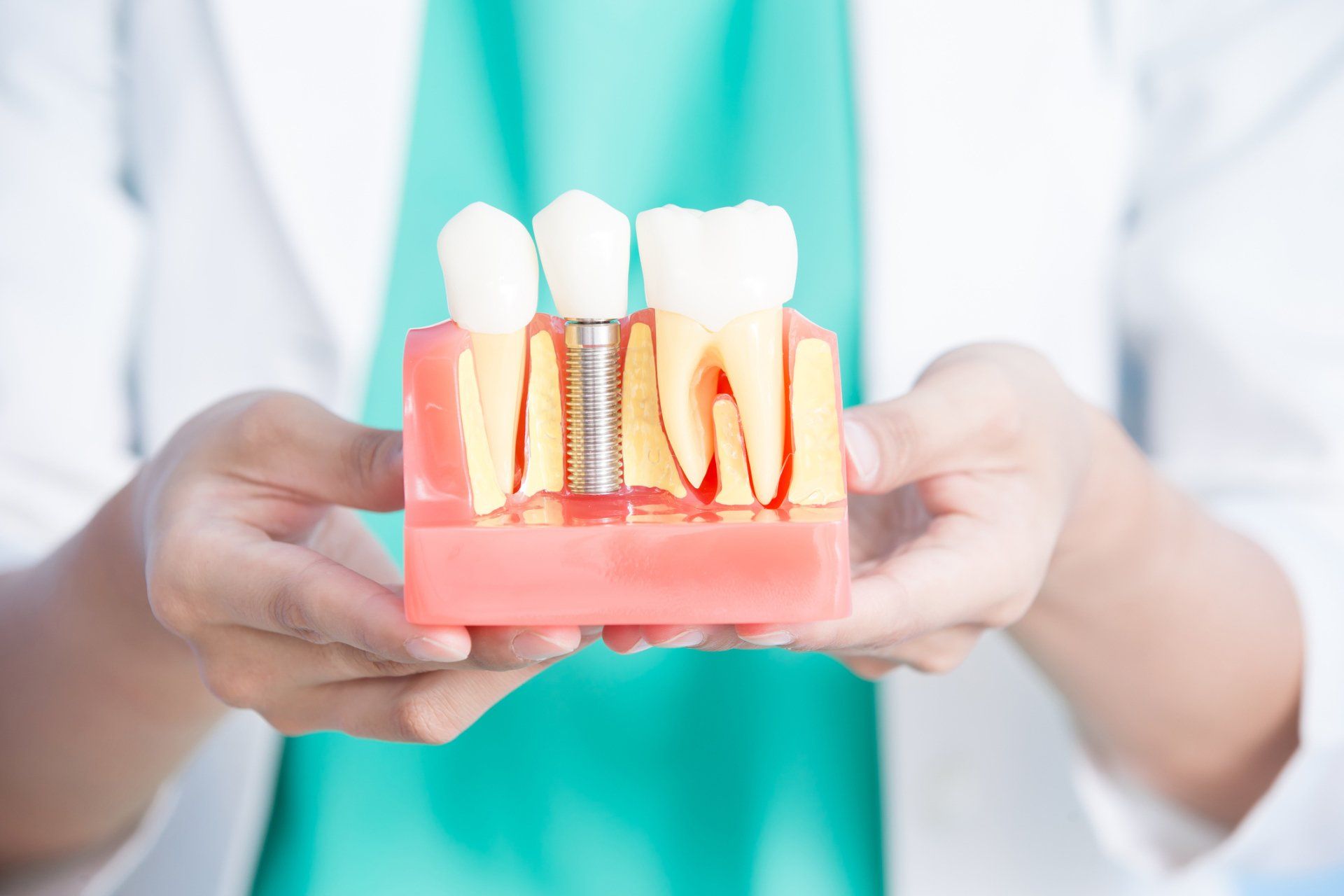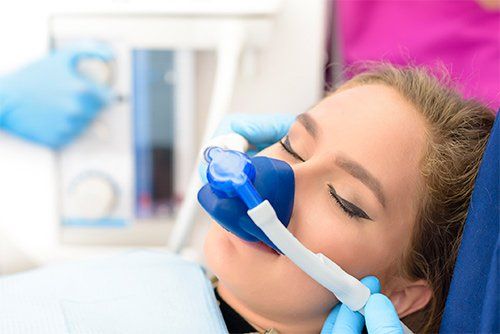4 Tips for an Easier Recovery After Dental Implants
- By Admin
- •
- 28 Feb, 2020
- •

Dental implants are the most natural-looking replacement for missing teeth, but the fact that installation is a surgical procedure means that you will need some recovery time. The length of recovery varies from person to person and the number of implants that are installed. Fortunately, there are a few tips you can use to ensure that your recovery after any dental implant installation will go as smoothly as possible.
1. Eat Soft, Nutritious Foods
While your gums will likely still be numb immediately after implant installation, you can expect some soreness to set in after the anesthesia wears off. Eat the right foods to help you be more comfortable while you are sore and to reduce the chances of tearing the soft tissues around where the implant was placed.
A strict liquid diet is not necessary, but soft foods like oatmeal, pudding, protein shakes, and purees are your best bet for avoiding discomfort. Healing from dental implant surgery is a good time to think about the nutritional content of your food, too. Foods high in vitamin C promote collagen production in your body that is essential for healing soft tissues like your gums.
2. Manage Swelling With a Cold Compress
Swelling and inflammation of the gums and cheeks is normal after dental implant surgery. Swelling often subsides in around a week, but you may want to use a cold compress during this time to alleviate pressure.
You can hold an ice pack against the affected areas can help the swelling to go down more quickly. Be sure to wrap the ice pack with a cloth before applying it to your skin to avoid the risk of frostbite. If you had implants installed on both sides of your mouth, you can hold the ice pack on each side of your mouth for 15 to 20 minutes at a time.
3. Maintain Oral Hygiene, but be Gentle
As soon as you can comfortably open your mouth after dental implant surgery, you should resume your normal oral hygiene routine. This is especially important when you consider that bacteria in your mouth can pose a risk of infection to the implant site. Brush the area around the implant gently for the first week to be sure you do not accidentally damage sensitive tissues.
Mouthwash is one area of your oral hygiene that you may need to alter during recovery. Many types of mouthwash contain alcohol that can be irritating to the implant site if used before it has completely healed. Some dentists will prescribe mouthwash that is safe to use during recovery, while others will simply recommend rinsing with salt water for a short time.
4. Avoid Strenuous Activity
If you are like many patients, you may be eager to return to work as soon as possible after getting dental implants. Implants do not require extended rest, but you should avoid strenuous activity for at least a couple of days after they are installed. The problem with physical activity after dental implants and other surgeries is that it typically elevates your heart rate, which in turn increases blood pressure.
Increased blood pressure around the site where your implants were installed may lead to increased bleeding and swelling that could otherwise be avoided. The increased blood flow may also place more pressure on nerves in the gums around the incision, resulting in more pain. In some cases, increased blood pressure can dislodge a blood clot in the dental socket, a condition known as a dry socket.
Dental implant installation is a relatively simple surgery with very little risk of complications during recovery. If you are in need of dentures or implants for missing teeth, visit Premier Dentures and Implants so we can help restore your bright, healthy smile!
Premier Dentures & Implants
Business Hours
Share Our Site
Payment Options











